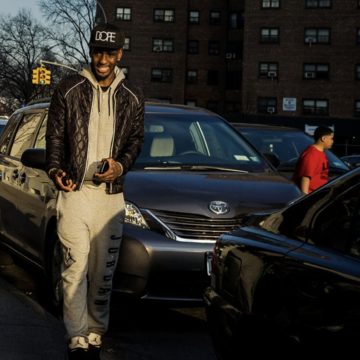Andrew Stier in Psyche:
 Cities are bastions of opportunity. They are filled with vast numbers of people meeting friends and family, visiting restaurants, museums, concert halls and sporting events, and travelling to and from jobs. Yet many of us who live in cities have occasionally been overwhelmed by the activity. At other times, we might feel ‘alone in the crowd’. For decades, the conflicting experiences of city living have led urbanites and scholars to ask: are cities bad for mental health?
Cities are bastions of opportunity. They are filled with vast numbers of people meeting friends and family, visiting restaurants, museums, concert halls and sporting events, and travelling to and from jobs. Yet many of us who live in cities have occasionally been overwhelmed by the activity. At other times, we might feel ‘alone in the crowd’. For decades, the conflicting experiences of city living have led urbanites and scholars to ask: are cities bad for mental health?
The conventional wisdom and scientific answer for more than half a century has been ‘yes’. This question is becoming increasingly important as global urbanisation unfolds: around two-thirds of the world’s population will live in cities by 2050. Bigger cities, which have more of what makes a city a city, would seem to be particularly bad for mental health. A typical explanation invokes factors such as noise, crime and short, callous social interactions (think about New York City’s reputation for rudeness) to argue that big cities create sensory and social burdens that city dwellers constantly have to combat psychologically. While this explanation appears to be supported by some evidence that rural areas might, on the whole, have lower depression rates than cities, there is scant evidence that these particular factors cause higher depression rates in cities, and no investigation of how bigger cities compare with smaller cities.
More here.
